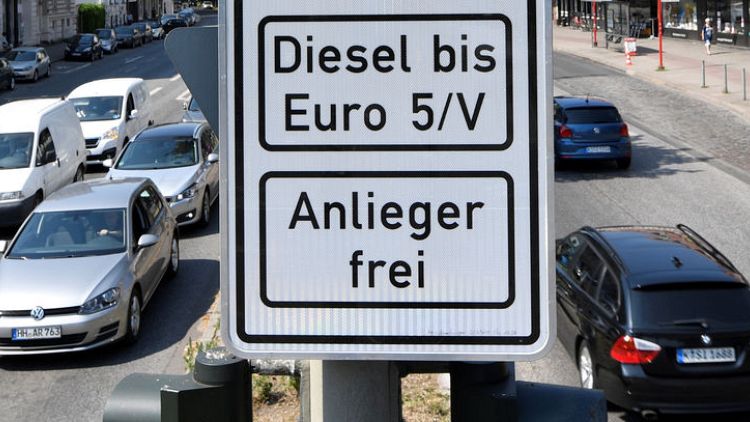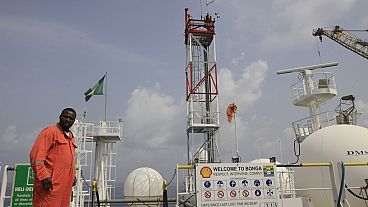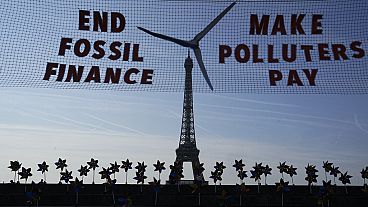BERLIN (Reuters) - There will be another high-level diesel summit in the German chancellery on Friday, two government sources said on Tuesday, as the transport minister said his top priority was to ensure that diesel owners can swap their old vehicles for cleaner ones.
Carmakers and German government representatives failed to reach a compromise on Sunday over potential hardware retrofits for older diesel vehicles.
While the Environment Ministry favours hardware retrofits costing around 3,000 euros (2,682 pounds) per vehicle, Transport Minister Andreas Scheuer favours incentives for drivers of older diesel vehicles to trade them in for newer models to curb pollution.
Differences of opinions over how to tackle the problem of diesel cars with high nitrogen oxide (NOx) emissions have strained Chancellor Angela Merkel's ruling coalition. Merkel said on Monday that a coalition committee would meet on Oct. 1 to discuss including diesel.
The government sources said both the environment and economy ministries were due to take part in Friday's meeting.
Environment Minister Svenja Schulze said on Twitter that the problem could not be solved without technical retrofits, adding: "Hardware retrofits paid for by manufacturers are the best and most fair way to deal with the diesel crisis."
Scheuer said in a statement on Tuesday that he favoured exchanging older diesel cars for newer, cleaner ones.
"Regarding possible hardware retrofits for German diesel vehicles, my aim is to make sure owners do not pay anything. My aim is also to ensure that the loss of value of used diesel cars is offset by carmakers, who would either take them back or exchange them," he said.
A spokesman for Daimler <DAIGn.DE> said the company was working on a package of measures.
(Reporting by Markus Wacket; Additional reporting by Ilona Wissenbach; Writing by Michelle Martin; Editing by Maria Sheahan)



